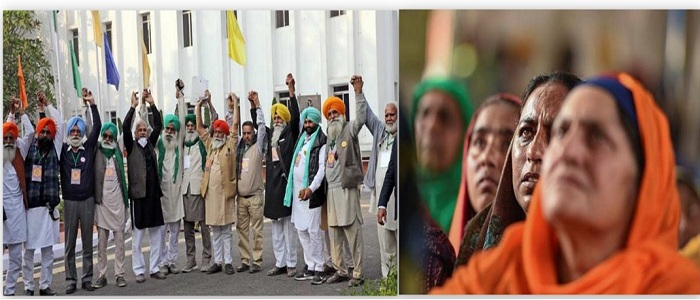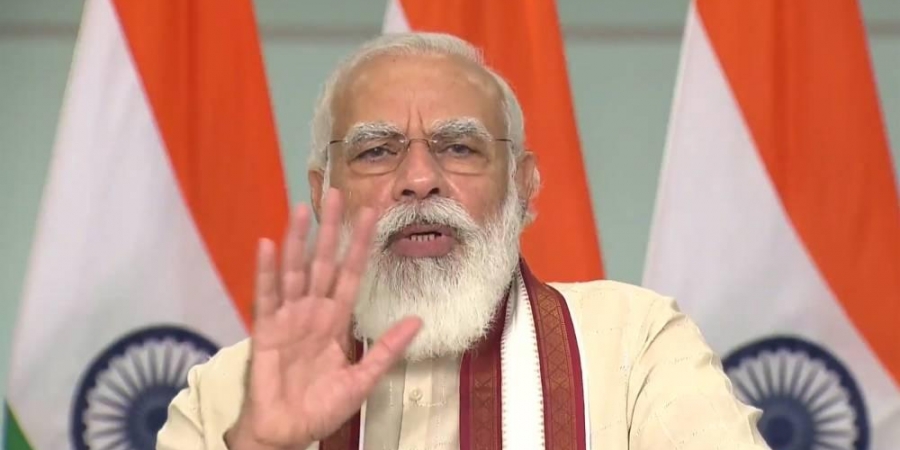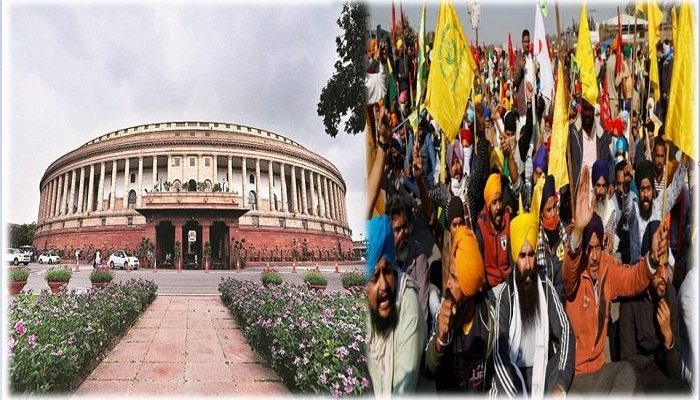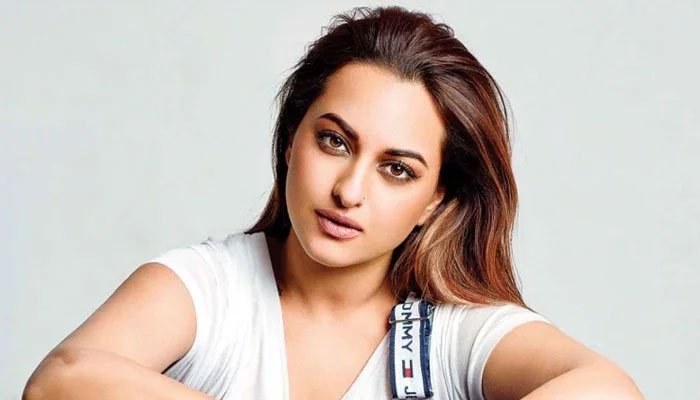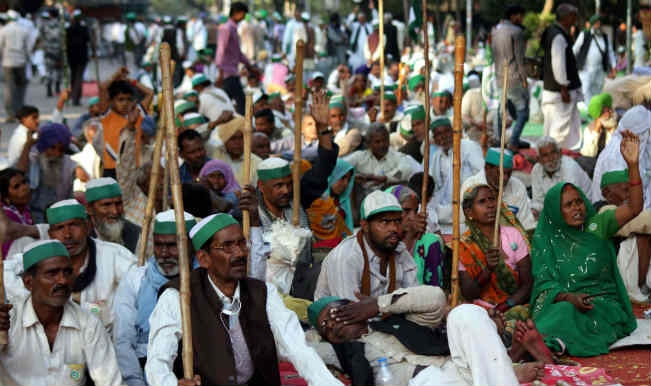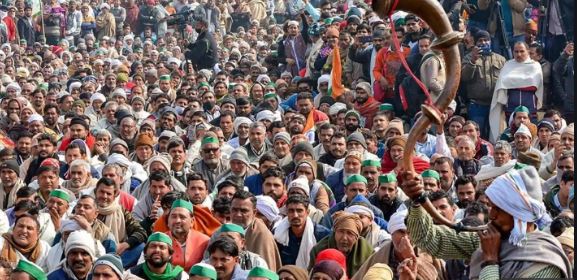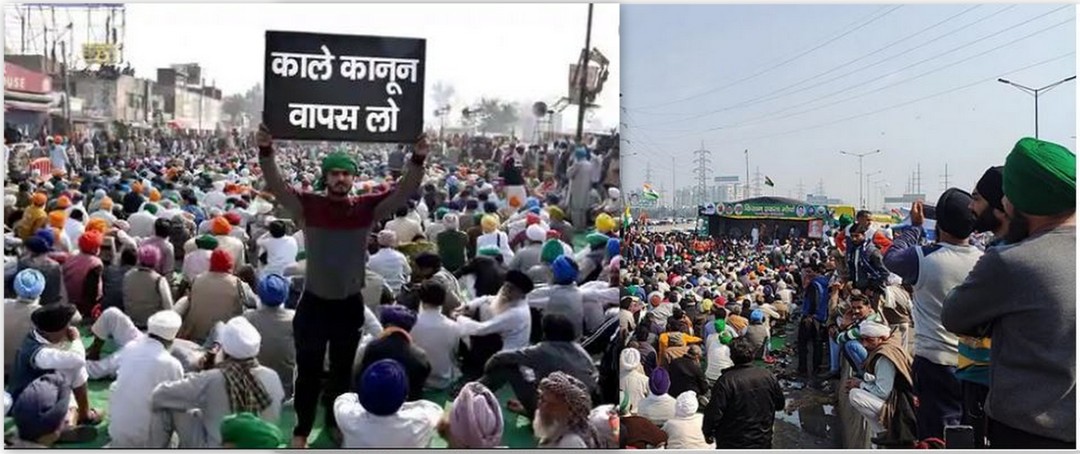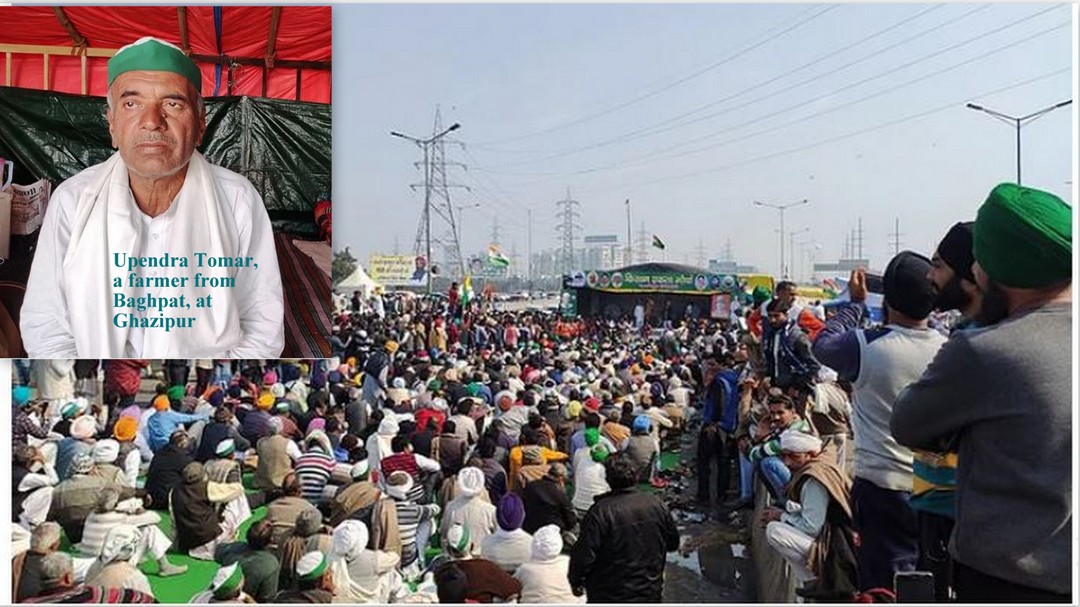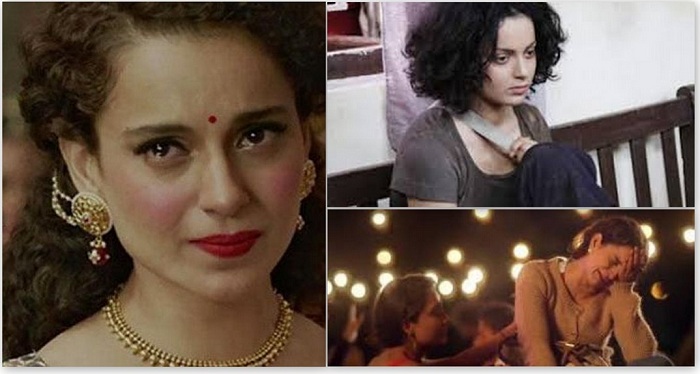The proceedings in the Lok Sabha, on Wednesday extended till midnight, propelled by the demand of explanation on the farm laws & other issues by the opposition leaders. Parliament was shaken by the accusations made by MP Mohua Moitra on the GOI on a range of issues, which has triggered further debates. The farmers’ protests, on an overall basis, have been a major source of discussion in the parliament this week.
Prime Minister Narendra Modi offered explanations & government’s arguments in reply to the Motion of Thanks on the President’s discourse, in Lok Sabha. Following the Prime minister’s address, Congress leader Rahul Gandhi was scheduled to start the discussion on the Union Budget on the behalf of his Party.
Talking on the Union Budget, Congress leader Kapil Sibal on Wednesday said that while the NDA government blames the UPA government for doing vote bank politics, they(current government) at the end of the day, have done likewise in the budget this year by granting foundation projects to the states which are going to surveys this year. “The government takes part in vote bank politics in budget. Outside the budget, it engages in note-bank politics,” he said.
Union Minister of State for Home G Kishan Reddy on Wednesday denied that any civilian, including a journalist, was privy to information related to the abrogation of Article 370 in Jammu and Kashmir.
Three farm laws were formulated by GOI as these reforms are significant and essential, said PM. He also added that Congress MPs in the House made accusations about the colour of the laws (black/white); it would have been better if they had discussed on the substance and intent of the laws. This is the reason, PM added, why senior Ministers of the Government are continually conversing with them. There is incredible regards of the government for the farmers, he further assured, adding that the Farm laws were passed through an Ordinance and later by Parliament.
PM pointed out that neither any of the mandis were closed after the passing of these laws, nor did the MSP end anywhere in the country. PM further added that it is a reality that the MSP system has consolidated after the laws were passed.
PM Modi also said that the government has taken many initiatives for helping small farmers adding that FPOs are being established for helping small farmers. He further added that the speech by President showcased India’s ‘Sankalp Shakti’. He went on to say that the Centre respected the sentiments of all the protesters adding that senior ministers had held talks with farmer leaders even when the protest was limited to Punjab.
In Lok Sabha, PM added that those who are disrupting the House are doing so according to a well-planned strategy. He added that the opposition were questioning the colour of the farm-laws and till now nobody had asked for laws on dowry or triple talaq. He further added that we need to bring investment and new technologies into our agriculture, & till these are not done, we would not make our cultivating areas financially or materially productive. He added that we need to go beyond growing just wheat and paddy.
The Major Port Authorities Bill, 2020 was passed in the Rajya Sabha. The Arbitration and Conciliation (Amendment) Bill, 2021 was examined by the Lok Sabha on Wednesday afternoon.
Parliament saw various interruptions in the recent days, as the Opposition constantly conflicted with the Centre over its disagreeable new farm laws.
Leaders of opposition parties such as the Congress and the TMC were seen leaving the lower house during the PM’s address. Congress leader Adhir Chowdhury said that he and other leaders of the party walked out as Modi did not address concerns over the farmers’ death.
“He (Modi) agreed that amendments are required in #FarmLaws, some states will be benefitted & some would not. Why do you have to bring laws that would not be benefitting everyone?” Chowdhury added.



